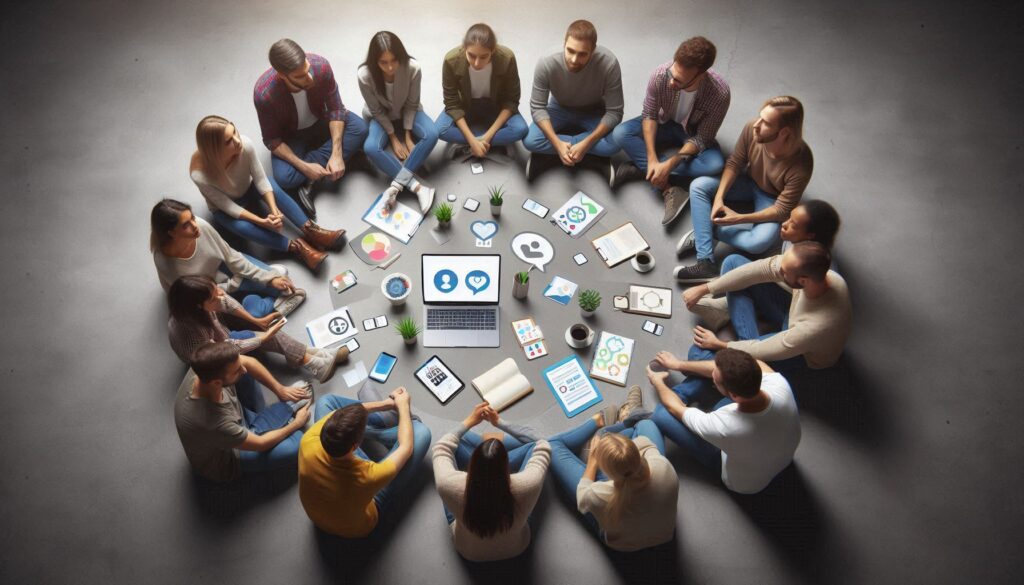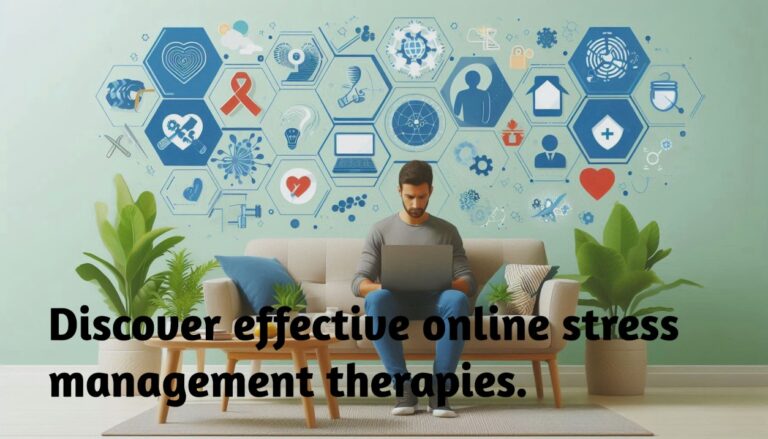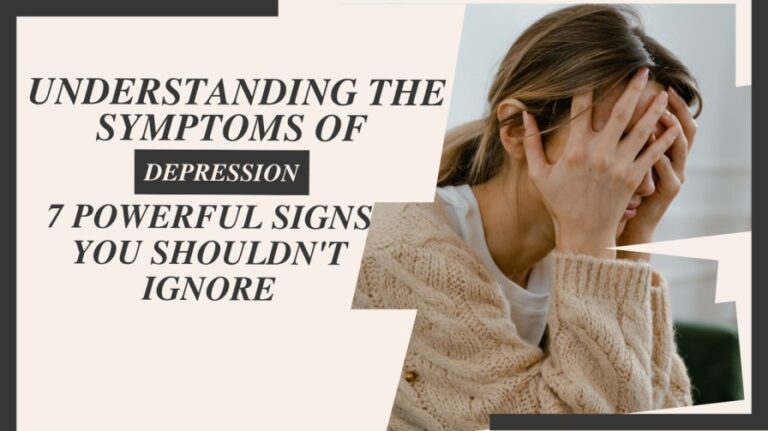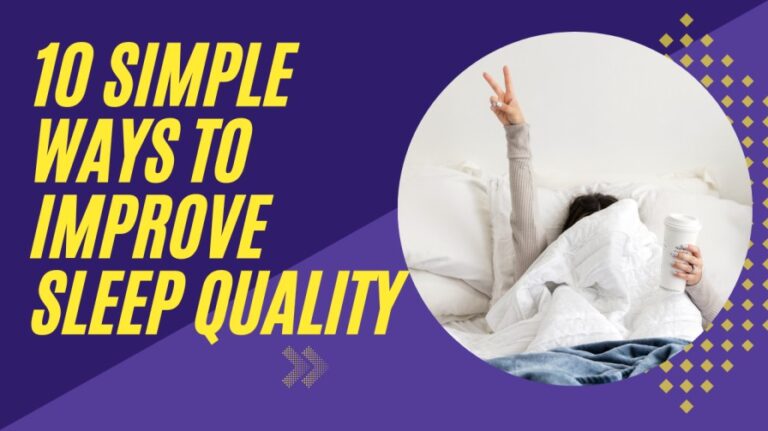10 Powerful Ways Social Media Impacts Your Mental Health (Positive & Negative)
Introduction
Social media is part of our day to day lives and defines how people interact and pass information. Although there are many advantages, including talking with families and finding some information, there is a great concern to its psychological influence. Different investigations have revealed that the increased use of social networks results in anxiety, depression, loneliness and even low self esteem. In this blog post, you will learn about the positive and negative impact Social media, and what you can do to have a healthy relationship with technology.

Every day, people all around us are on their phones or computers, checking social media. Did you know Americans check their phone 46 times a day? This shows how much we use social media.
But have you ever stopped to think about how social media affects mental health? Our blog today will take a close look at this important issue. We’ll explore the good and bad sides of using these online platforms.
I’ve spent years studying how our minds react to technology. From my research, I found that things like “Facebook envy” are real and can hurt our feelings about ourselves. With this experience, I promise to give you info that is easy to understand and really useful for your life.
Ready to learn more? Let’s go!
Key Takeaways
- Social media use can lead to feeling connected and informed but also cause anxiety, depression, and low self-esteem.
- Teens using social media for more than 3 hours a day are at higher risk for mental health issues.
- Reducing online time, focusing on positive content, and spending time with friends offline improve mental health.
- Parents should manage teen’s social media use by setting limits and encouraging healthy habits.
- Being a good role model in how you use social media is important for both teens and adults.
The Pros and Cons of Social Media for Mental Health
Social media can provide a sense of connection and access to valuable information, but it can also lead to negative effects like constant comparison and cyberbullying. These positive and negative impacts of social media on mental health are important to consider for better understanding.
Benefits of social media (connecting with others, access to information, etc.)
Social media helps people connect. You can talk to friends and family who live far away. This makes you feel part of a group and boosts your self-esteem. Studies show that using social media can make you feel more connected and give you a sense of belonging.
It also gives easy access to information. Whether for school work or learning new things, social media platforms have lots of resources. With just a few clicks, you can find out about almost anything happening in the world.
This means staying updated is easier than ever before for teenagers and young adults.
Harms of social media (comparison, cyberbullying, addiction, etc.)
Spending too much time on social media, like Instagram or Facebook, can make you compare yourself to others and feel bad about yourself. This can lead to low self-esteem and even depression.
Cyberbullying is also a big problem online, where people use social media to hurt others. Social media can be addictive, making it hard to break away from your phone or computer.
Research shows that using social media excessively can mess with your sleep and increase anxiety and depression. It’s important to keep an eye on how much time you spend on these platforms because it could negatively affect your mental health without you realizing it.
Moreover, teenagers who use social media for more than 3 hours a day are at a higher risk of facing mental health issues. Simple steps like reducing screen time and focusing on positive interactions in real life could help protect your mental wellbeing from the harms of excessive social networking.
Signs that Social Media is Impacting Your Mental Health
Excessive use of social media may lead to increased anxiety or depression. Negative self-comparison can also be a sign that social media is impacting your mental health.
Excessive use
Using social media excessively can negatively impact your mental health. Studies show that spending more than 3 hours on social media each day increases the risk of mental health problems, such as anxiety and depression.
It’s essential to recognize the signs of excessive use, like feeling anxious or depressed when not using social media, disrupted sleep patterns, and decreased self-esteem. Overuse of social media can also disrupt normal sleep patterns, leading to potential issues with memory loss and depression.
To improve your mental health, it’s crucial to be aware of how much time you spend on social media platforms and make a conscious effort to reduce excessive use.
Moving forward – The Pros and Cons of Social Media for Mental Health
Negative self-comparison
Comparing yourself to others on social media can make you feel unhappy. Studies show that looking at other people’s posts and feeling like your life doesn’t measure up can lead to lower self-esteem and even symptoms of depression.
If you find yourself constantly comparing, it might be helpful to take a break from social media or unfollow accounts that make you feel bad about yourself. It’s important to remember that what people post online often isn’t the whole truth and might not reflect their real lives.
Spending too much time comparing yourself to others on social media can affect your mental health. Research indicates that excessive use of platforms like Facebook can contribute to feelings of inadequacy and unhappiness.
To protect your emotional wellbeing, it’s crucial to recognize when this negative comparison is happening and limit your exposure if necessary. Keep in mind that curated online personas may not represent reality accurately, leading to unrealistic expectations for oneself.
Increased anxiety or depression
Spending more than 3 hours daily on social media can increase the risk of mental health issues for teenagers and young adults. Studies have shown that excessive use of social media may lead to anxiety and depression, affecting emotional wellbeing.
Moreover, online networking has been linked with symptoms of low self-esteem and depressive feelings. This is especially concerning as it can impact sleep patterns, leading to further risks for depression and memory issues.
It’s important to be mindful of the time spent online as it directly affects mental wellness.
Transition: Now let’s explore how changing your habits surrounding social media usage can positively impact your mental health.
Changing Your Social Media Habits for Better Mental Health
To improve your mental health, consider reducing the time you spend online and shifting your focus to positive and meaningful content. Additionally, prioritize spending more time with offline friends and family to support your well-being.
Reduce time spent online
Spending too much time on social media can affect mental health. Studies show that teenagers who spend more than 3 hours a day on social media are at a higher risk for mental health problems.
Also, excessive use of social media can lead to anxiety and depression. It’s essential to cut back on the time you spend online to protect your mental wellbeing. Instead, try spending more time with friends and family offline.
This change can help improve your psychological health.
Remember, reducing your screen time isn’t about cutting off connections or fun activities. It’s about finding balance and taking care of your mental health.
Shift focus to positive and meaningful content
Focus on the good stuff online. Look for positive and helpful things. Avoid negative and harmful content. You can follow pages that share inspiring stories or tips for mental wellness, instead of looking at things that make you feel bad about yourself.
Find accounts that make you happy and motivated.
Remember to keep away from anything that makes you compare yourself negatively to others or brings out negative feelings in you. Look for accounts, pages, and groups that uplift your spirits rather than bring them down.
Doing this can help improve your mood when using social media.
Spend more time with offline friends and family
Spending too much time on social media can affect your mental health. It’s important to balance it by spending more time with friends and family in person. The average American checks their phone 46 times a day, which shows how much we rely on our phones.
But studies show that this can lead to anxiety and depression. So, try to disconnect from your device and connect face-to-face with loved ones.
Overusing social media has been linked to sleep problems that are associated with memory loss and depression, so it’s good for both you and your brain to take a break from the screen.
Additionally, hanging out with offline friends improves connections, self-esteem, and belongingness – all things that contribute positively to mental well-being.
Parents’ Guide to Managing Teen’s Social Media Use
Tips for parents on managing their teen’s social media use, and how to communicate and set boundaries effectively. Read more to help teenagers navigate the complexities of social media for better mental health.
Benefits and harms of social media for teens
Social media can be a double-edged sword for teens. On one hand, it can help them connect with friends and access useful information, boosting their self-esteem and sense of belonging.
However, on the other hand, excessive use may put them at a higher risk for mental health problems like anxiety and depression. Cyberbullying and negative self-comparison are also real issues that can lead to low self-esteem and emotional distress among adolescents.
Studies show that spending more than 3 hours per day on social media could increase these risks.
It’s not all bad though; positive social media interactions can enhance connections and improve self-esteem for teens. But it’s essential to be mindful of how much time is spent online as excessive use has its consequences too.
Setting boundaries around social media use is crucial to promoting healthy habits and protecting teenage mental well-being.
Setting boundaries and communication with teens
As parents, setting boundaries with social media is crucial. Studies show that spending more than 3 hours on social platforms increases the risk of mental health problems for teens.
Limiting screen time and encouraging offline activities can help reduce this risk. It’s been found that excessive use disrupts sleep, which leads to depression and memory issues in young people.
Therefore, open communication about healthy online habits is essential for your well-being.
By understanding these factors, you can promote positive social media interactions among teenagers while keeping their mental health in check.
Next, let’s discuss being a positive role model for social media use as a parent.
Being a positive role model for social media use.
Teens and young adults, it’s important to be mindful of your social media behavior. Set a good example for others with how you use social media. Did you know that spending more than 3 hours on social media per day can put you at a higher risk for mental health problems? Also, excessive use of social media can fuel anxiety and depression.

Remember to balance your time spent online with real-life activities and interactions.
To be positive role models on social media, limit your screen time each day. Encourage meaningful conversations and supportive interactions rather than engaging in negative or harmful content.
By setting boundaries and emphasizing the value of offline relationships, we can help create healthier online communities for everyone involved.
FAQs
1. What is the relationship between social media and mental health?
The relationship between social media and mental wellbeing involves how online platforms can impact emotional health, both positively and negatively.
2. How does social media affect mental wellbeing?
Social media can influence our psychological wellbeing in various ways. It can cause mental health challenges due to constant comparison, cyberbullying, or excessive use.
3. Can the effects of social networking on psychological health be severe?
Yes, the implications of heavy social media usage on one’s mental wellness can be quite serious according to recent mental health research.
4. What are some psychological effects of using social media?
Some potential psychological impacts include feelings of inadequacy from comparing oneself to others, isolation if not used for genuine connection, and anxiety from negative interactions.
5. Is there a connection between my emotional wellbeing and the amount I use social networks?
Yes, studies suggest that high levels of engagement with online platforms may have an influence on your emotional wellbeing leading to potential mental health consequences.
Conclusion
This paper aims to explore whether there is an influence of social media on mental health or not and to an extent it has. On the positive side it keeps us connected with friends and families, informed, and entertained, on the negative side it can cause anxiety, depression, loneliness etc when excessively used or in wrong way. But in order to stay sane it is also important to step back, build barriers, follow a positive feed, and take breaks. It is clear then that society’s benefits can be had without being adversely affected by the negative effects of social media.






